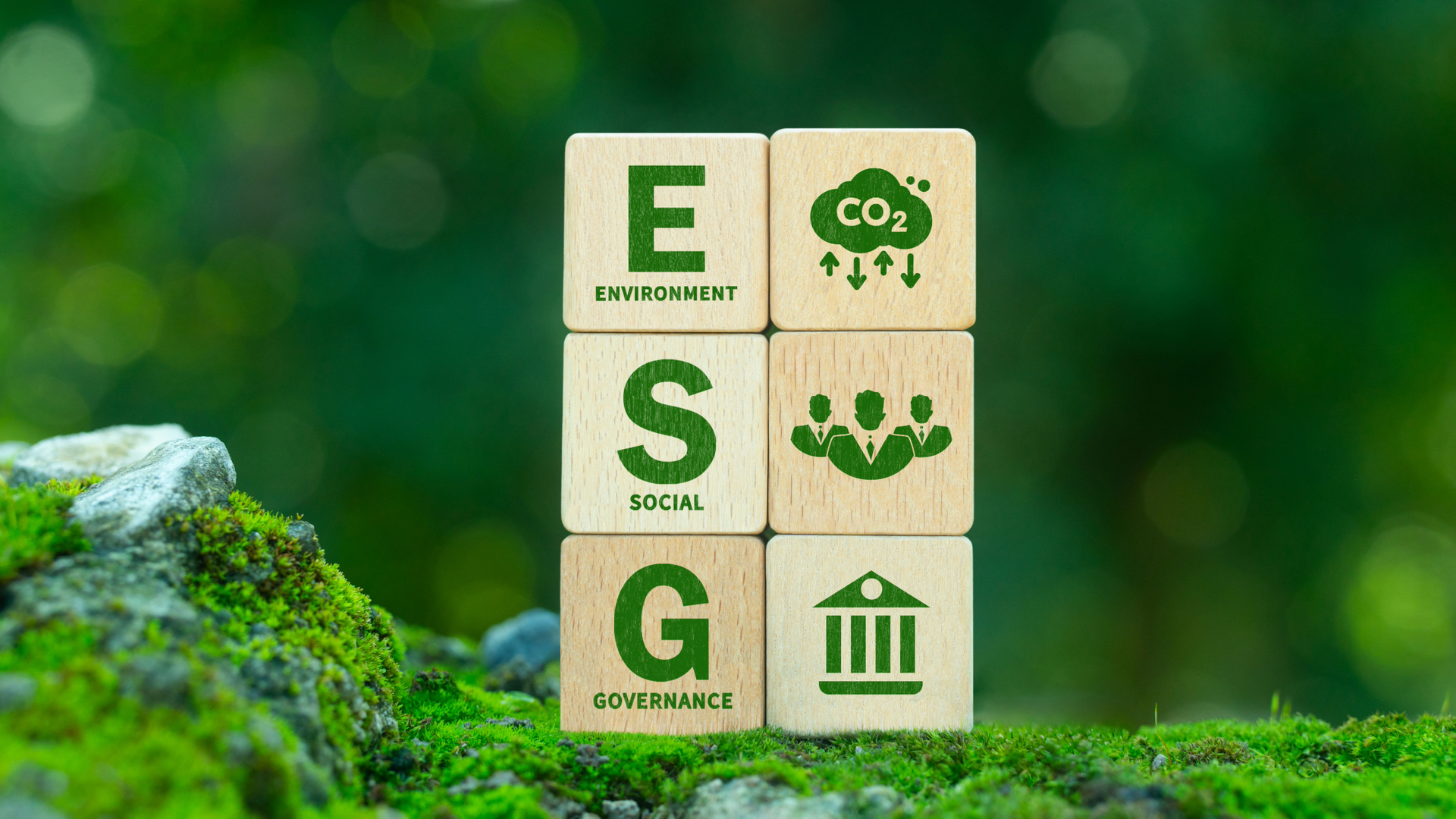Key Elements of the 2025 Sustainability Reporting Requirements
Australia has enacted mandatory sustainability reporting requirements, effective from 1 January 2025, through the Treasury Laws Amendment (Financial Market Infrastructure and Other Measures) Act 2024. These regulations mandate that large entities disclose climate-related financial information as part of their annual reporting obligations.

Key Elements of the 2025 Sustainability Reporting Requirements
New Requirements
The Australian Sustainability Reporting Standards (ASRS), issued by the Australian Accounting Standards Board (AASB) in September 2024, align closely with international frameworks such as the Task Force on Climate-related Financial Disclosures (TCFD) and the Global Reporting Initiative (GRI). The mandatory standard, AASB S2 Climate-related Disclosures, requires entities to report on governance, strategy, risk management, and metrics and targets related to climate risks.
Entities must disclose information on greenhouse gas emissions (Scope 1 and Scope 2 initially, with Scope 3 emissions required in subsequent years), climate risk management strategies, and the financial impacts of these risks. The reporting framework necessitates inclusion of a sustainability report within the annual report, adhering to the ASRS guidelines. treasury.gov.au
Phased Implementation
The reporting requirements will be introduced in phases:
- Group 1 Entities: Large entities meeting specific thresholds (e.g., over 500 employees, revenues over $500 million, or assets over $1 billion) will commence reporting for financial years starting on or after 1 January 2025.
- Group 2 Entities: Medium-sized entities (e.g., 250+ employees, $200 million+ revenue, $500 million+ assets) will begin reporting from July 2026.
- Group 3 Entities: Smaller entities (e.g., 100+ employees, $50 million+ revenue, $25 million+ assets) will start reporting from July 2027.
Assurance Requirements
Independent assurance of sustainability reports will be introduced progressively, with reasonable assurance required for all climate-related financial disclosures from financial years beginning on or after 1 July 2030.
Industry Impact
Industries with significant environmental footprints, such as energy, mining, agriculture, manufacturing, and financial services, will face more extensive reporting obligations due to their substantial greenhouse gas emissions and climate-related risks. These sectors will need to provide detailed disclosures on emissions, risk management strategies, and transition plans toward sustainability.
Challenges and Opportunities
While compliance may present challenges, including resource allocation and data collection complexities, it also offers opportunities. Proactive adoption of best practices can enhance brand reputation, build stakeholder trust, and attract ESG-focused investors. Integrating sustainability into core business strategies will be crucial for companies aiming to lead in this evolving regulatory landscape.
In summary, Australia's 2025 sustainability reporting requirements mark a significant advancement in corporate transparency and environmental accountability. Businesses are encouraged to assess their ESG strategies promptly and seek expert guidance to ensure a smooth transition into this new era of responsible corporate conduct.
Is your business prepared for 2025 regulations? Speak to us today for more information.
Contact Us
Zenergy News







